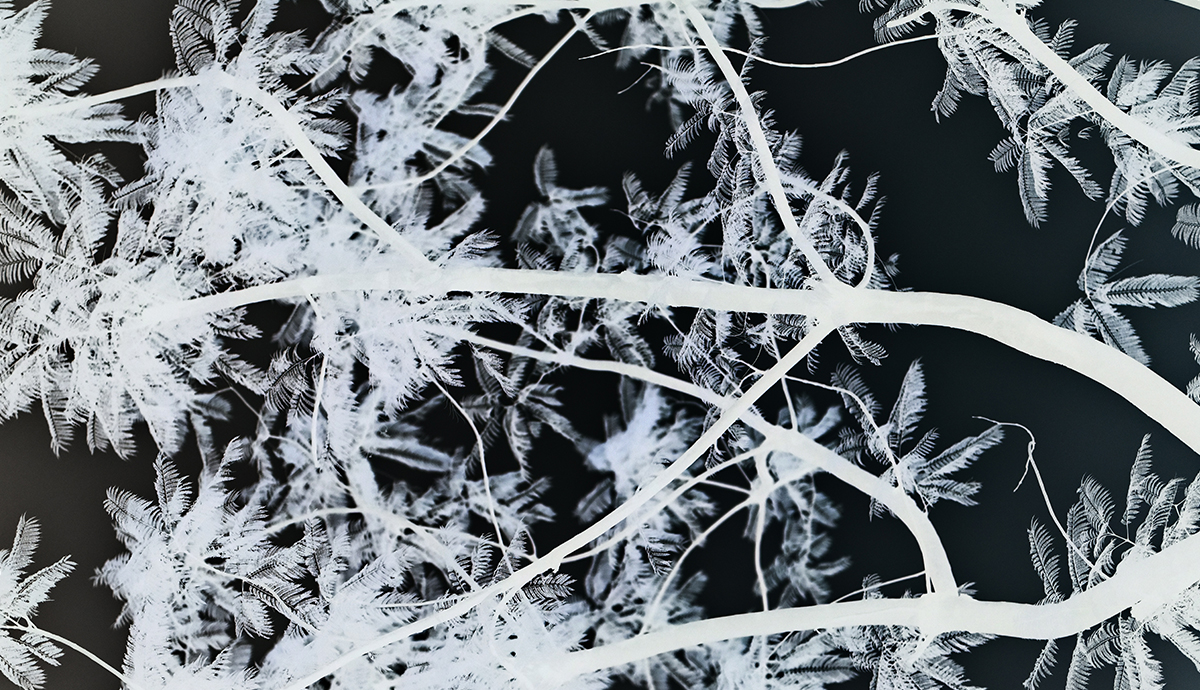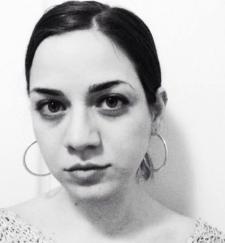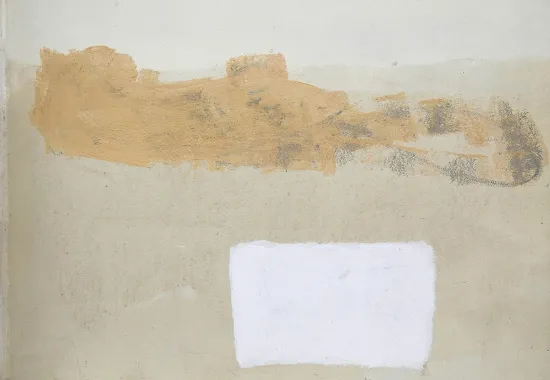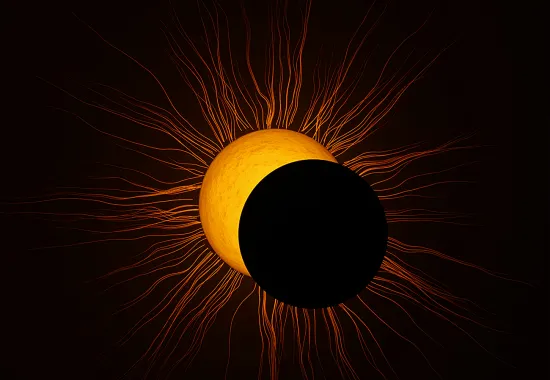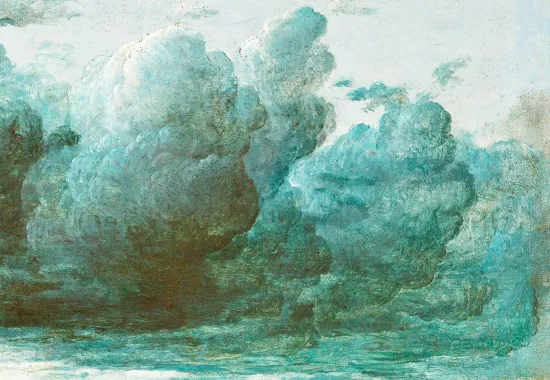Reality vs. Imaginary: Diasporic Poetics
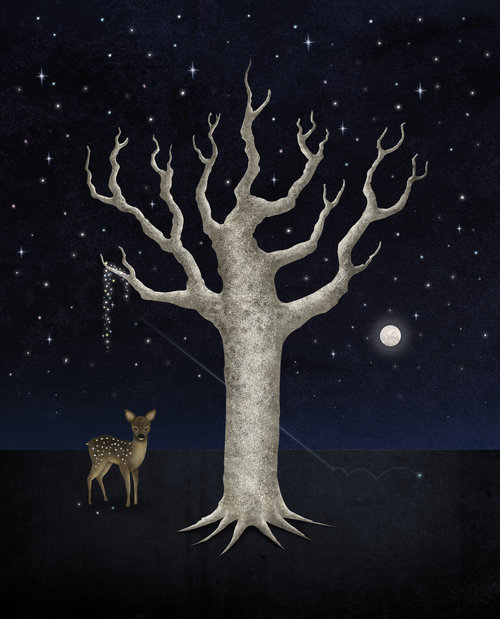
My father is from Montevideo, Uruguay, and I never met anyone from his side of the family besides my abuela, whom I spent a handful of hours with when I was five, and never again (she died when I was seven). His bloodline is riddled with telenovela-worthy drama—decades-long affairs, biological and non-biological parentage, turbulent poverty, alcoholism, anarchists, all topped off with a violent and oppressive military coup d'état that sent him fleeing the country to post-Franco Spain, where he ended up homeless and alone.
For diasporic American populations, it is often nearly impossible to discern the real world from the world you have imagined for your ancestry. Those who are estranged from their families, whose histories lived and died thousands of miles away, remain in a constant state of fantasy. What did they look like? Do we share features? Illnesses? Some ineffable quality of being? Is it impossible to ever know? Everyone is either dead, equally clueless, emotionally exiled, or hidden from view, which means that we, the inheritors of this chaos, learn how to invent entire lineages and stories for our ghost families. In lieu of specific family memories, we take the small army of vague facts we are handed, and build a separate world for our unknown relatives that eventually comes to resemble truth after enough time has passed.
One day, I sat down to talk to the only paternal relatives I had left, and chose to do so through poetry. The resulting poem, “To My Nine Estranged Cousins in the Southern Hemisphere,” is a collage of random childhood stories. I knew only a handful of things about these radical strangers—they were the children of my aunt Alba, a deceased, damaged woman who had given birth to a large flock of sons. I remembered this being brought up at the dinner table—“all boys. Can you imagine?” There were many of these oft-repeated scraps of dialogue that developed lives of their own in my imagination. My father presented Alba as a cautionary tale, a faraway creature who seemed to be in constant distress and pain. One day we were told that “Alba had a hard life. Her baby died very young.” Then: “Never ride motorcycles! One of Alba’s sons died in a motorcycle accident.” 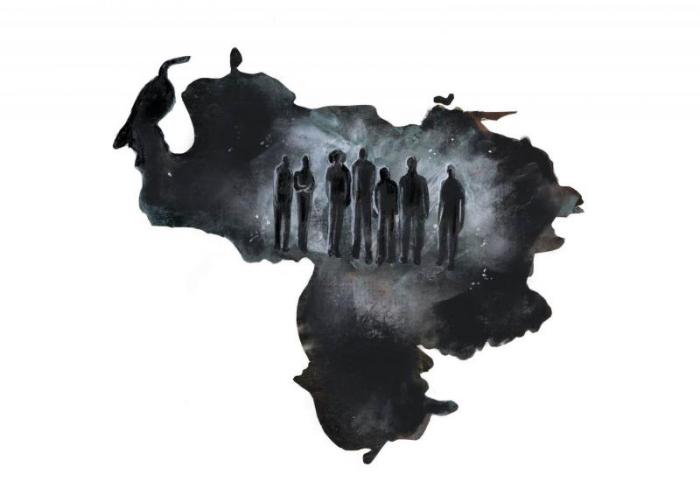
As I got older, the plot thickened: Alba apparently always needed money. She wasn’t living in Uruguay anymore, but somewhere in Argentina. Her husband abused her so regularly that my father had once grabbed him by the ear and told him some sort of threatening Spanish profanity that I can’t remember anymore. To me, Alba sounded like a superhero. How on earth was it possible for one person to survive so much? In my mind, I envisioned her as a captive beauty, not yet escaped from the broken world that my father had slipped away from in his twenties.
No—she was burdened by a different set of expectations, unable to run. Her body was destroyed in different ways than my father’s. Not from years of manual labor, but from giving birth and living through a series of domestic horrors. They were cut from the same cloth, but one had stayed, and one had left. When I was a teenager, we got the phone call that she had died. The impossible had finally happened. The woman who survived the worst of life had finally been robbed of hers. “It was a heart attack,” my mother told us. I didn’t trust it. I knew better—it sounded too neat, and too boring for such a complicated figure. She had been killed by the evil husband, I decided, or perhaps disappeared into thin air after enduring so much that her skin actually turned to dust. I had never met her, and yet the whole world shrunk once I knew she was gone. It was impossible to know whether I had been told the truth about her death. So I made up my own. When I realized as an adult that Alba is the Spanish word for “dawn,” I finally had the language for what I felt upon hearing of her death. It was the moment when the possibility of light, a dawn after all of this oppressive loss and darkness, was erased.
When I wrote the poem to my cousins so many years later, I absentmindedly went with nine. Nine estranged cousins. It sounded right, though when I showed my father the draft, he corrected me; there were only seven of them, including the ones who had died. I had been wrong. I instantly changed the title of the poem to reflect this new information, and crawled into bed, making up names for them in my mind. I googled Alba’s full name and found a YouTube video from the early 2000’s. It memorialized her, and for the first time in my entire life I saw her face looking back at me, her dark hair, her smile. I copy and pasted the link. Is this our Alba? I texted my mother (who had been lucky enough to meet her). Yes, she wrote back. That’s our Alba.
Weeks later, staring into the soft glow of my computer screen, I found myself pulling up the poem, tinkering with the words. Something felt off. I played around with the line breaks, but ended up where I had started. Finally, I considered the title. My hands took over—“To My Nine Estranged Cousins In The Southern Hemisphere.” I realized that certain “facts” from my autobiography were deeply irrelevant, which happens often in poetry. It felt like an accurate portrait—one that contained the blurred familial reality, the uncertainty with which I had constructed a family for myself. I had written about the remainder of my family in the language of invention and desire. The facts mattered very little. I had never met these people anyplace besides my own mind. And in my mind, I mourned for nine men and one lost dawn.
Recommended
Mercy
Eclipsing
Psychic Numbing


